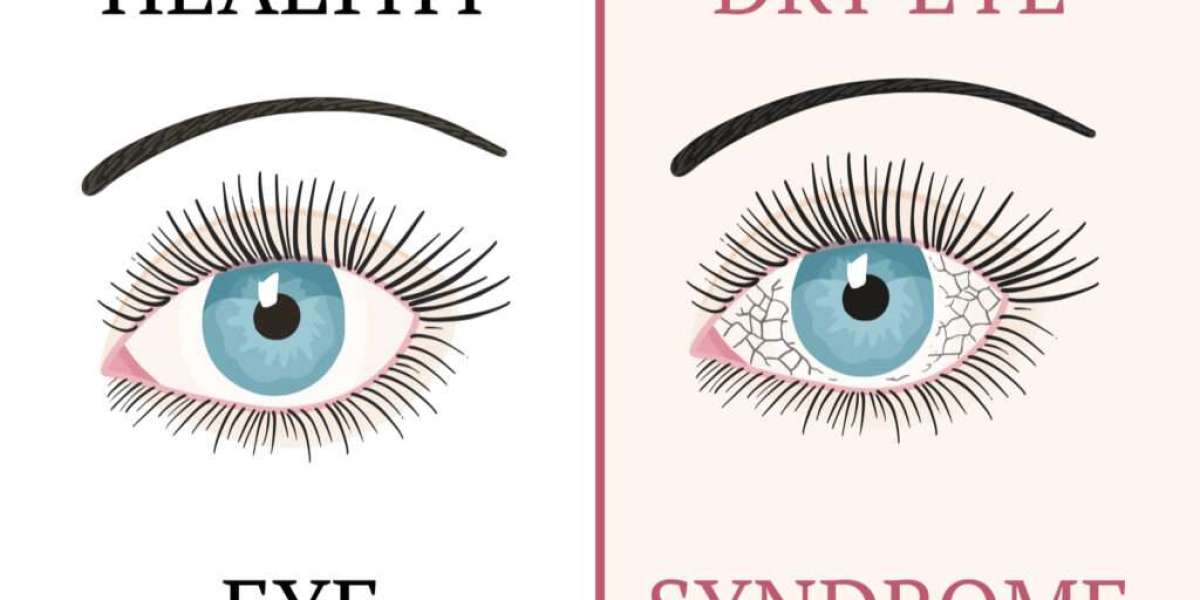Understanding Dry Eyes: Causes, Symptoms, and Remedies
Dry eyes, medically known as keratoconjunctivitis sicca, are a common condition that occurs when your eyes don't produce enough tears or when the tears evaporate too quickly. This can lead to discomfort, irritation, and in some cases, vision problems. Understanding the causes, symptoms, and remedies for dry eyes is crucial for managing this condition effectively.
Several factors can contribute to dry eyes. Environmental factors such as dry air, wind, smoke, and prolonged screen time can all lead to increased evaporation of tears. Aging, hormonal changes, certain medications, and underlying health conditions like autoimmune diseases can also play a role in reducing tear production.
Recognizing the symptoms of dry eyes is essential for early intervention. Common symptoms include a gritty sensation in the eyes, redness, stinging or burning sensation, blurred vision, sensitivity to light, and difficulty wearing contact lenses comfortably. If left untreated, dry eyes can cause damage to the cornea and affect vision.
Fortunately, there are various remedies available to alleviate the symptoms of dry eyes. Using artificial tears or lubricating eye drops can provide temporary relief by moisturizing the eyes and reducing irritation. In more severe cases, prescription eye drops or ointments may be recommended by a healthcare professional to increase tear production or reduce inflammation.
In addition to using eye drops, making lifestyle changes can also help manage dry eyes. Avoiding exposure to smoke and dry air, taking regular breaks during prolonged screen time, and using a humidifier to add moisture to the air can all help prevent symptoms from worsening. Maintaining a healthy diet rich in omega-3 fatty acids and staying hydrated can also support overall eye health.
Furthermore, practicing good eye hygiene is essential for managing dry eyes. This includes avoiding rubbing your eyes, protecting your eyes from dust and debris with sunglasses, and gently cleaning your eyelids with a warm, damp cloth to remove any crust or debris.
In conclusion, dry eyes can be a bothersome condition that affects daily life, but with proper management, symptoms can be alleviated. By understanding the causes, recognizing the symptoms early on, and implementing appropriate remedies, individuals can effectively manage dry eyes and maintain optimal eye health. If you experience persistent or severe symptoms of dry eyes, it's important to consult with an eye care professional for personalized treatment recommendations.







